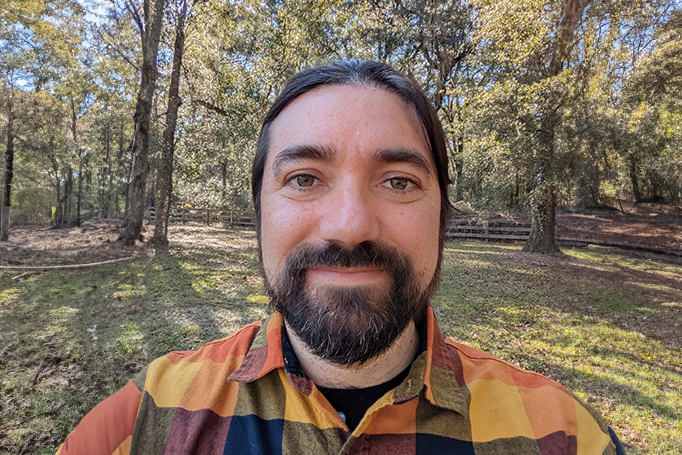NACS Seminar: Dr. Jorge Valdes Kroff (NSF)
Maryland Language Science Center | Neuroscience and Cognitive Science
Friday, February 2, 2024
10:15 am - 11:30 pm
Bioscience Research Building, 1103
Diversity in Language Science Expands Our Understanding of Human Sentence Processing
Talk with faculty host Dr. Jared Novick
Over the last several decades, experimental work on real-time sentence processing has revealed that humans are incremental and predictive parsers. In parallel, researchers who focus on bilingual language processing have converged on evidence of non-selectivity in the bilingual mind. That is, bilinguals do not simply “shut off” their languages even in highly selective contexts. These two bodies of literatures have led to suggestions that bilinguals are less predictive, have less resources, or have shallower syntactic representations during sentence processing. However, bilinguals do not simply use their languages in unitary ways, suggestive of a highly dynamic and adaptive grammar and parsing systems. One common bilingual speech practice is code-switching, i.e., the fluid and intentional alternation between languages during conversation or in written contexts. Among certain bilingual communities it is a ubiquitous speech practice, yet we know surprisingly little on the human capacity to integrate code-switches during real-time sentence processing. The lab-based evidence that we currently have frames code-switching as a “costly” behavior as compared to processing in one language alone.
This talk discusses psycholinguistic work on bilingual code-switching to put forward the hypothesis that “costs” on the surface may actually reveal optimal parsing strategies that are reflective of actual language usage. I discuss research that illustrates how the processing of code-switched speech leads to adaptive parsing changes driven by exposure to community-preferred code-switching distributions and sometimes requires cognitive control to integrate conflicting representations at the moment of the code-switch. Furthermore, our work demonstrates contexts in which code-switching provides beneficial cues to bilingual listeners, given specific and felicitous pragmatic contexts. Examining the diverse language practices of bilinguals across a variety of language contexts thus affords fundamental insights in the dynamic nature of human sentence processing. By expanding the recruitment and inclusion of trainees and scholars who exemplify diverse lived experiences with language and language use, we stand to gain a greater understanding of human capacity and adaptability.
Dr. Jorge Valdés Kroff is the Program Director for the Linguistics and Dynamic Language Infrastructure–Documenting Endangered Languages Programs at the National Science Foundation (NSF).


